'It's gratifying': Whitehorse Star employees look back as 124-year-old paper prepares final edition
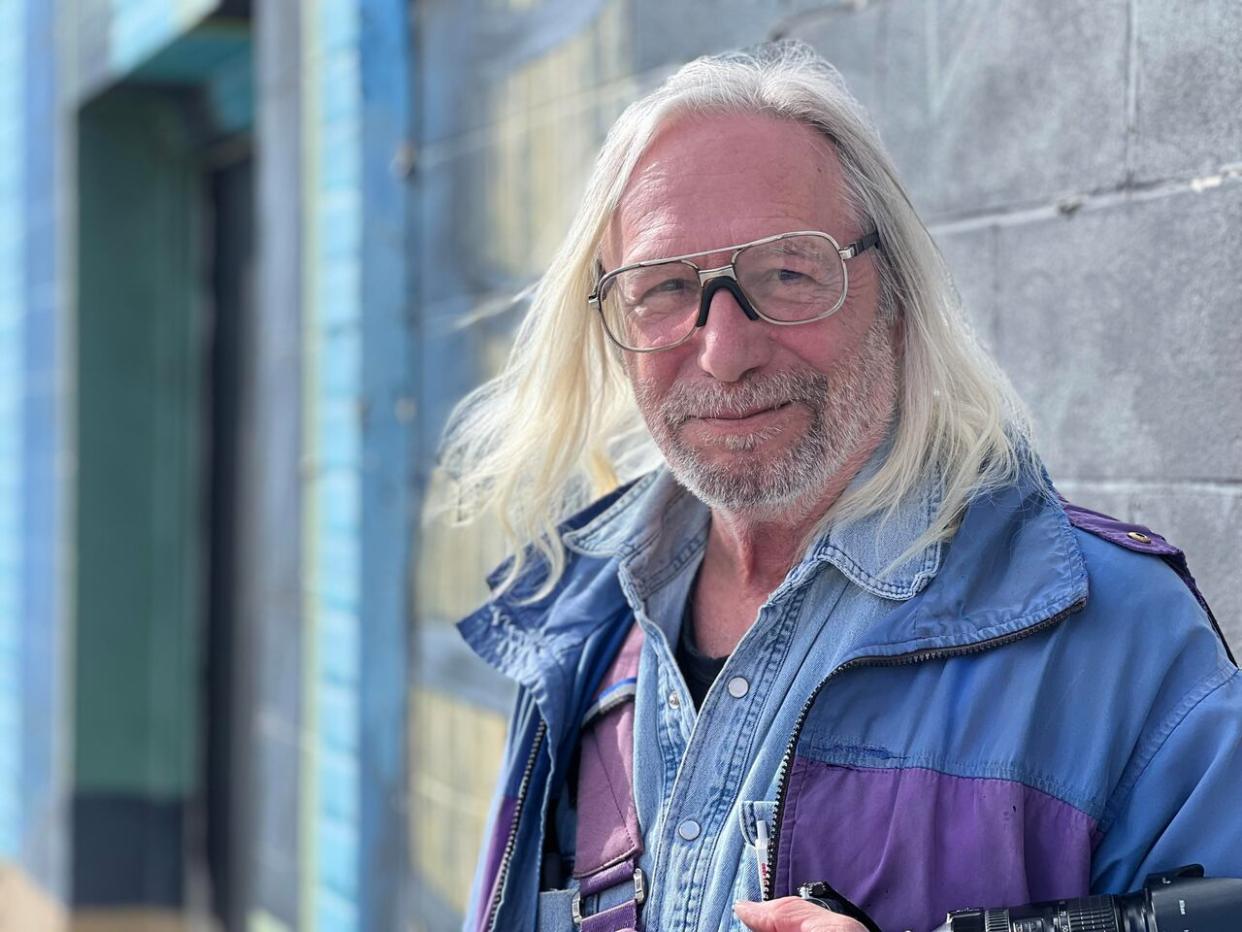
It was December 1973 when Vince Fedoroff first knocked on the doors at the Whitehorse Star.
"I walked in on the Christmas party. Everybody was whooping it up and having a good time. And I kind of wander in and I go, 'anybody... you got a job?'" he recalled.
The 15-year-old didn't know it at the time, but he was about to embark on a 50-year career with the newspaper.
Fedoroff started sweeping the floors in the press room, then progressed to operating the press, then — despite no formal training — he became the newspaper's photographer, lauded by editor Jim Butler as "the most dedicated and hardest working" shooter he's seen.
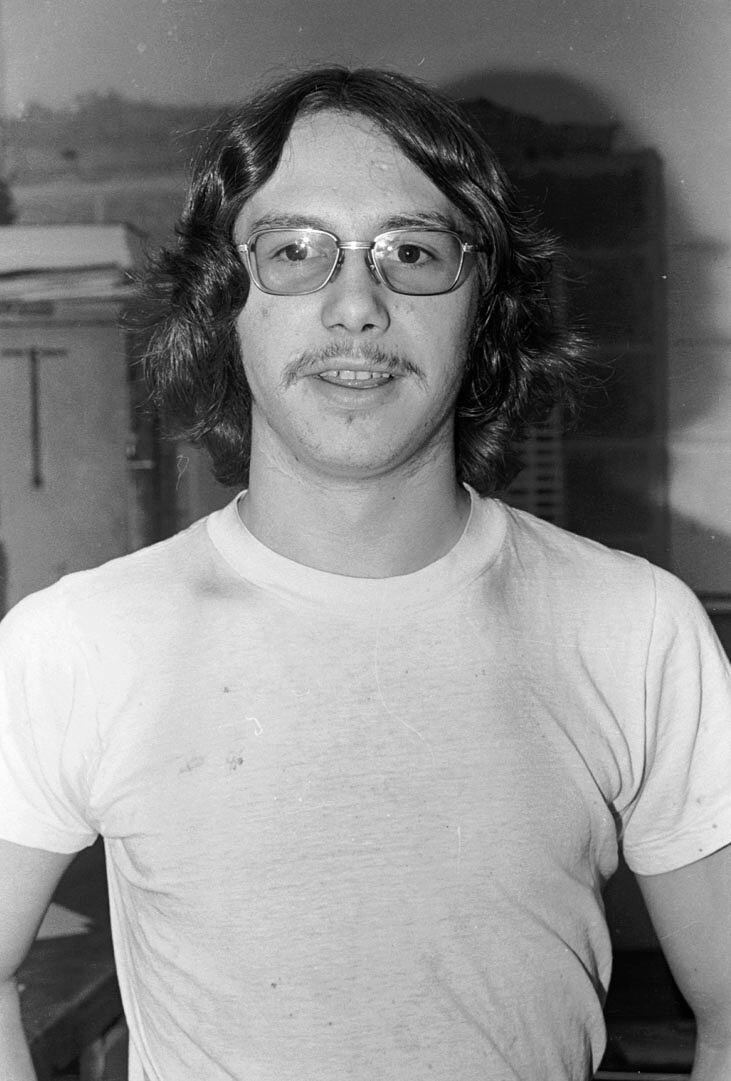
A young Vince Federoff in 1974, a year into his 50-year career with the Whitehorse Star. (Submitted by Vince Fedoroff)
Now Fedoroff is one of 11 employees clearing stacks of clippings off their desks ahead of the newspaper's final run.
On Friday, the last edition of the 124-year-old Whitehorse Star — one of the last independently-owned newspapers in Canada — will roll off the press, marking the end of an era in the Yukon capital.
Many of the paper's employees have worked there for decades.
Fedoroff said his role with the Star felt less like a job and more like "volunteering for the community."
"It's gratifying. And what's especially gratifying is going out and doing youth things. When a mom comes up to me and says, 'Wow, my kid was so excited to see that picture in the paper,' and the kids say, 'Hey, it's the photo guy,' ... I mean, that makes you feel good," he said.
Fedoroff said there will be a lot to miss, but he's taking the demise of the paper in stride.
"I mean, I'm doing fine. It's not a whole surprise, really, considering the state of newspapers in the world today," he said.
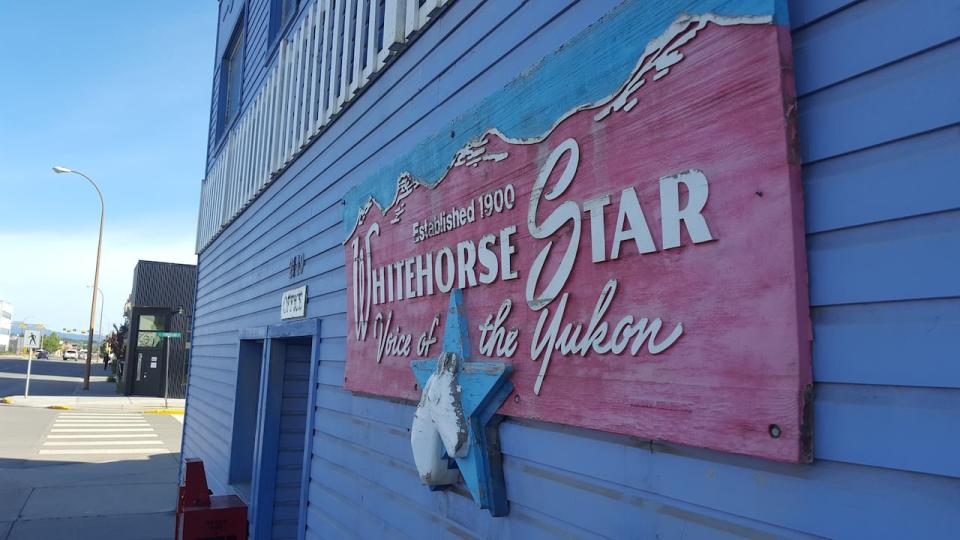
Outside the Whitehorse Star office in the city's downtown. (Paul Tukker/CBC)
'Illegitimus non carborundum'
The Star's owners announced last month it was no longer feasible to carry on business operations. They made it clear their decision to close was final, despite a local fundraising effort to try to save the paper.
Jim Butler, the editor, said the first couple of weeks with no Whitehorse Star on the newsstands will be a very "unreal experience."
"I feel badly for the community because the capital city of the Yukon is about to lose an institution that dawned in 1899 as a tent in northern B.C.," he said.
"You think of how many tens of thousands of stories, involving how many tens of thousands of Yukoners, the photos of these people, the human interest stories, major news events, elections, the Alaska Highway, other historical events. To suddenly have that tap turned off is very jarring. "
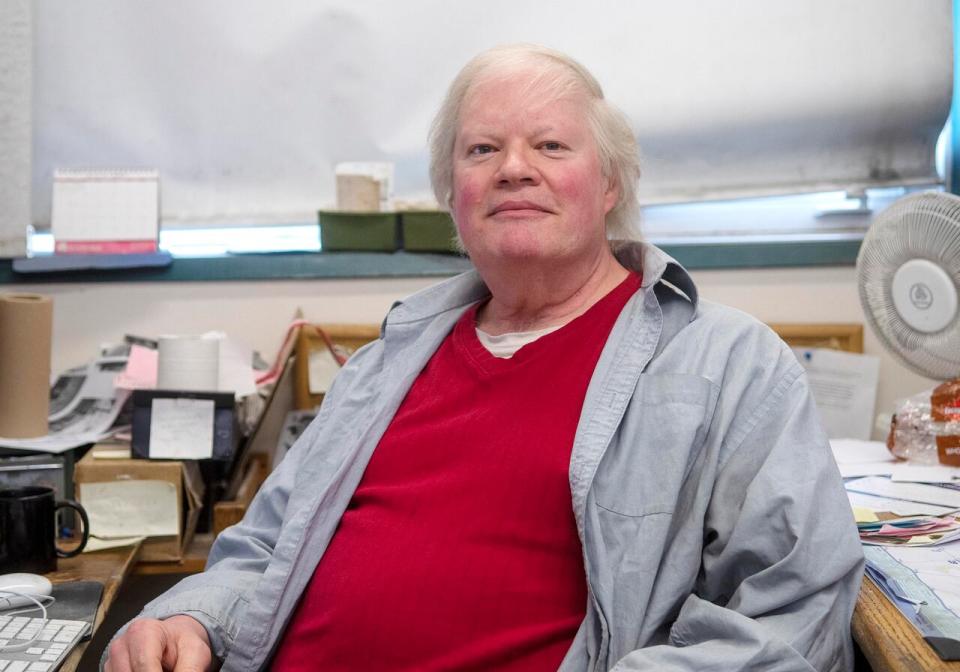
'The Yukon is about to lose an institution,' said the paper's long-time editor, Jim Butler. (Vince Fedoroff/Whitehorse Daily Star)
Butler said in his 44 years as editor, sometimes threatened with lawsuits or even physical violence, he often drew strength from the newspaper's slogan, Illegitimus non carborundum, often translated as, "don't let the bastards grind you down."
"An editor, in many respects, is a punching bag — especially one who stays in that chair for so many years, as I have," he said.
"I would seek solace, seek comfort and support and confidence by remembering the slogan and what it means."
The paper's final edition on Friday would be full of highlights and tributes, Butler said. He was working on a column to say goodbye to readers.
"I was reminded of the substantial legacy, I think, of this paper when we announced that we were going to cease publication. The reaction from across Canada was very strong... there's a sense of sadness that we're going."
From paper carriers to decades-long employees
The newspaper started in 1900 as the Northern Star. Over the years it re-branded as the White Horse Star, then the Whitehorse Daily Star, and then in 2019 when it ceased to be a daily publication, the Whitehorse Star.
Circulation manager John Stuckey said the paper has served as a reflection of the community, and a trusted source of information. Losing it will leave a gap, he said.
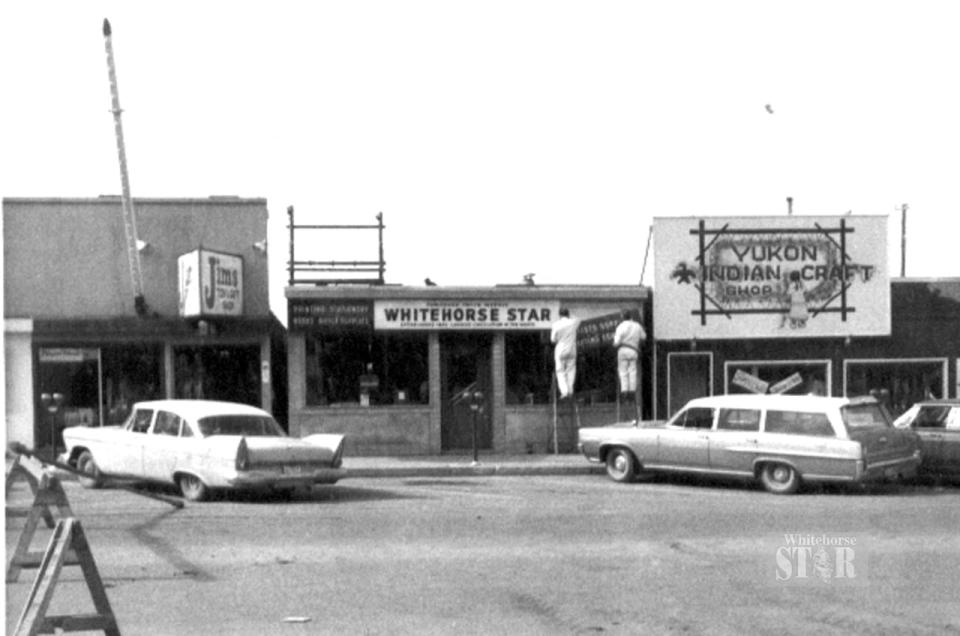
The Whitehorse Star office, 1968. (Whitehorse Star)
"There's a lot of internet out there, and people seem to believe everything they read on it. You just really shake your head at some of the stuff, the misinformation out there," he said.
"You're not going to be able to refute it in a newspaper article saying, no, that's not what happened."
Stuckey said the way people consume news has evolved significantly in his 36-year tenure with the Star. When he began working there, he said about 40 paper carriers were hand-delivering it around Whitehorse.
"We kept the routes fairly small because in 40 [C] below, it's a little bit of a pain in the rear to go out," he said.
"But those were good times. A lot of interesting people came through here."
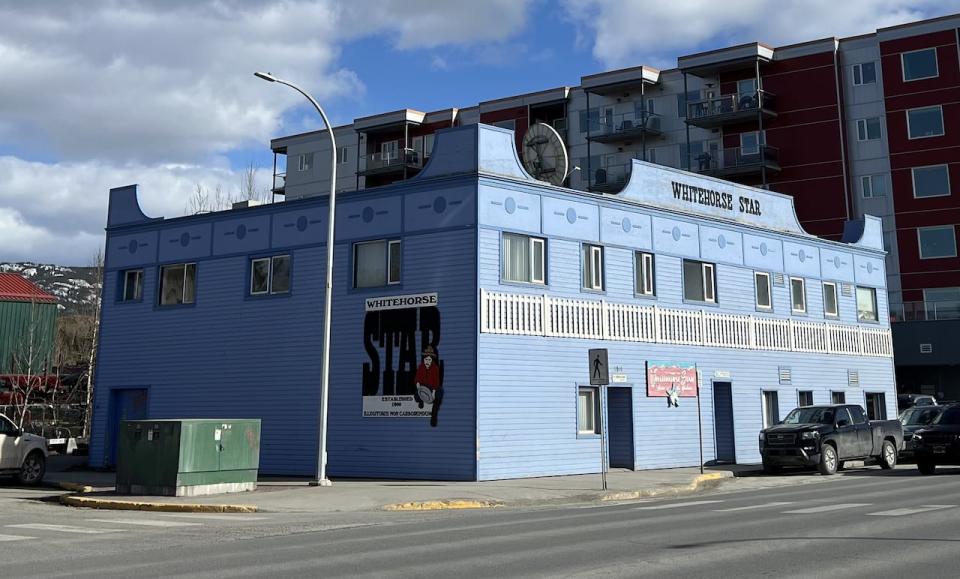
The Star office in Whitehorse. (Paul Tukker/CBC)
Some paper carriers went on to become employees, he said — including Don Campbell, who has been the press manager for 39 years.
Campbell describes the Star as a "home away from home."
Campbell is preparing to bid goodbye to the printing press, a "pretty reliable" old machine that he refers to affectionately as "her."
"Sometimes she gets ornery, but then you just kick her and hurt your toe, and she spits something out," he said.
He said it's unclear what will happen to the machine after the Star is gone.
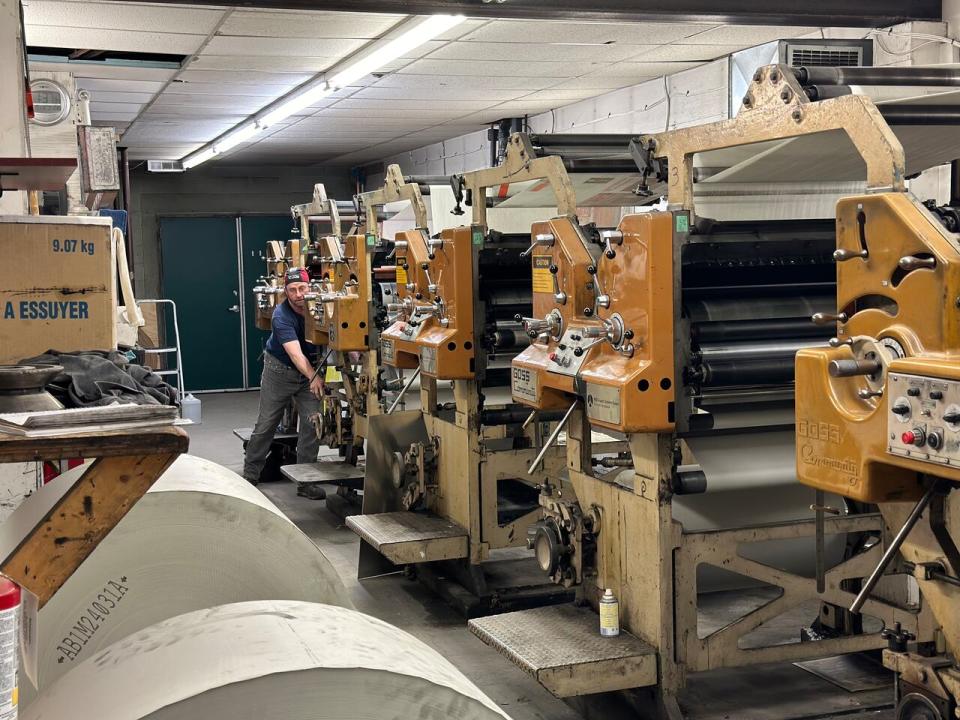
Whitehorse Star head pressman Don Campbell at work. He says it's unclear what will happen to the trusty machine that has been printing the Whitehorse Star for decades. (Andrew Hynes/CBC)
"That's the really, really sad part. It's almost 60 years old and nobody wants it," he said.
"To take this anywhere, it's going to cost. There's probably 40,000 lbs of steel here."
Alumni coming together
Next week, five of the Whitehorse Star's staff will be moving to a new publication being launched, called the Yukon Star. Others simply plan to keep their options open.
Jim Butler said Whitehorse Star alumni have travelled from across Canada for the paper's final day.
"We'll be milling around the various rooms of the building on Friday afternoon after deadline, just reminiscing. Probably having a few laughs, but maybe a few tears will be shed too," he said.
"I'll feel just a sense of great memory, a sense of great loss, that I'll no longer be a part of this operation. And the great history it covered for the Yukon and the history it is made for the Yukon."

